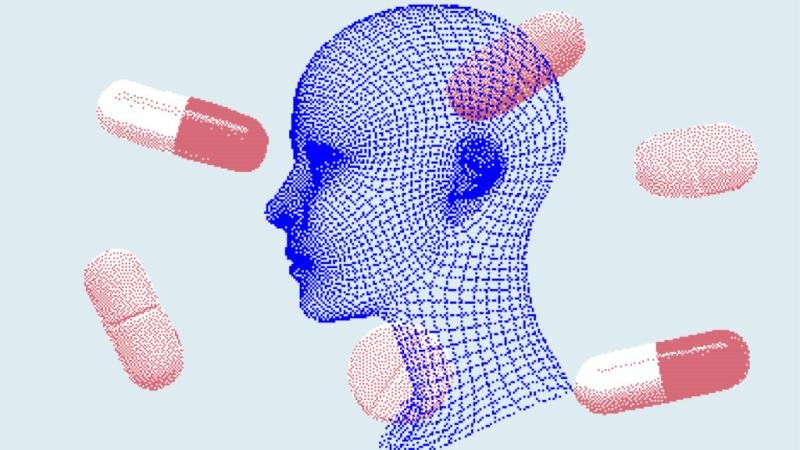Pennsylvania’s Governor Josh Shapiro has introduced a budget proposal for the 2025-26 fiscal year that aims to implement universal postpartum depression screenings for all mothers in the state. This initiative seeks to enhance early detection and treatment of postpartum depression, a condition that affects approximately one in eight mothers nationwide.
The proposal directs the Pennsylvania Department of Health (DOH) to collaborate with healthcare providers to establish a systematic approach for identifying pregnancy-related depression. By doing so, the initiative aims to expedite referrals for mental health services, ultimately improving the health outcomes for both mothers and their infants.
Healthcare professionals across Pennsylvania have expressed strong support for this initiative. Dr. David Silver, a gynecological psychiatrist at UPMC Magee-Womens, emphasized the importance of universal screenings, stating, “We don’t know which individuals are at risk. If we only screen selected individuals, we may miss those who genuinely need help. Making screenings universal removes the stigma associated with seeking help. It normalizes the process as part of pregnancy and postpartum care.”
According to Dr. Christina DeAngelis, a women’s health physician at Penn State Health, postpartum depression affects 10 to 20 percent of new mothers and can adversely impact both maternal and infant health. She noted that early recognition of depression allows for timely treatment, which is vital for fostering a healthy bond between mother and child. Furthermore, addressing postpartum depression can reduce overall healthcare costs and improve societal well-being.
Governor Shapiro’s commitment to this initiative comes as part of a broader effort to enhance maternal and infant health in Pennsylvania. His administration has utilized data from the Pennsylvania Maternal Mortality Review Committee and feedback from statewide surveys to inform a multi-agency Maternal Health Strategic Plan.
As the proposal moves forward, Pennsylvania aims to set a precedent for other states in prioritizing mental health screenings for new mothers, recognizing that timely intervention can lead to better health outcomes and a stronger societal foundation.



